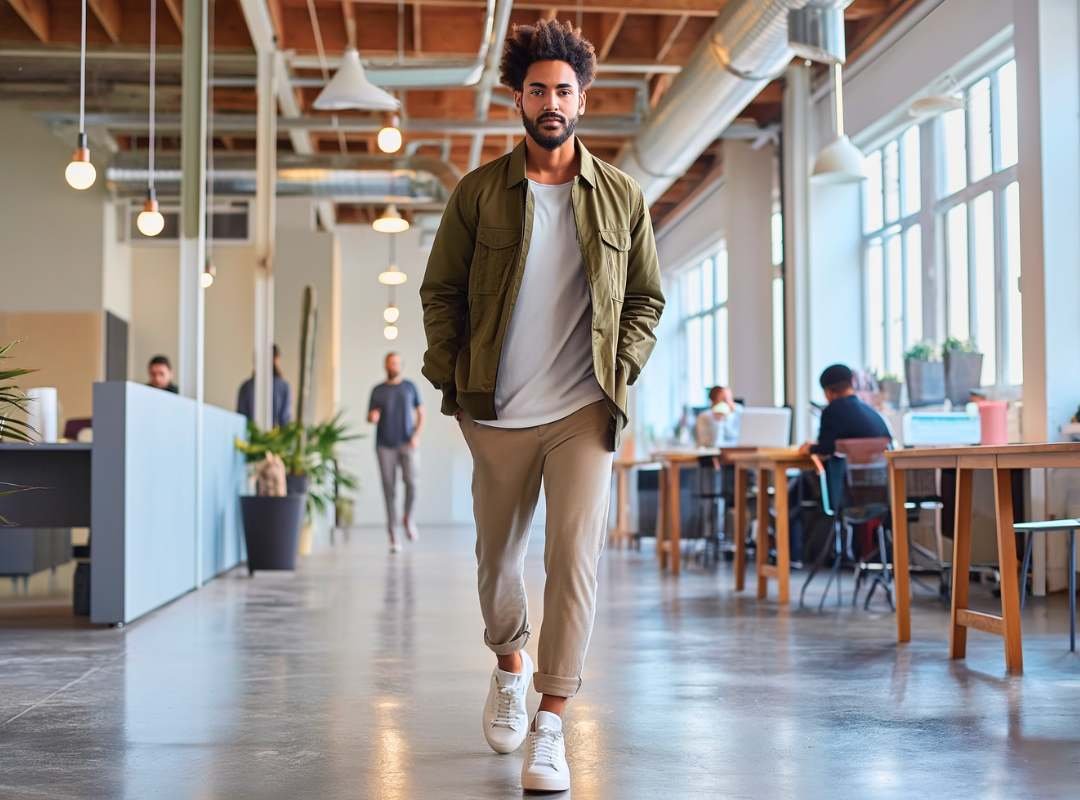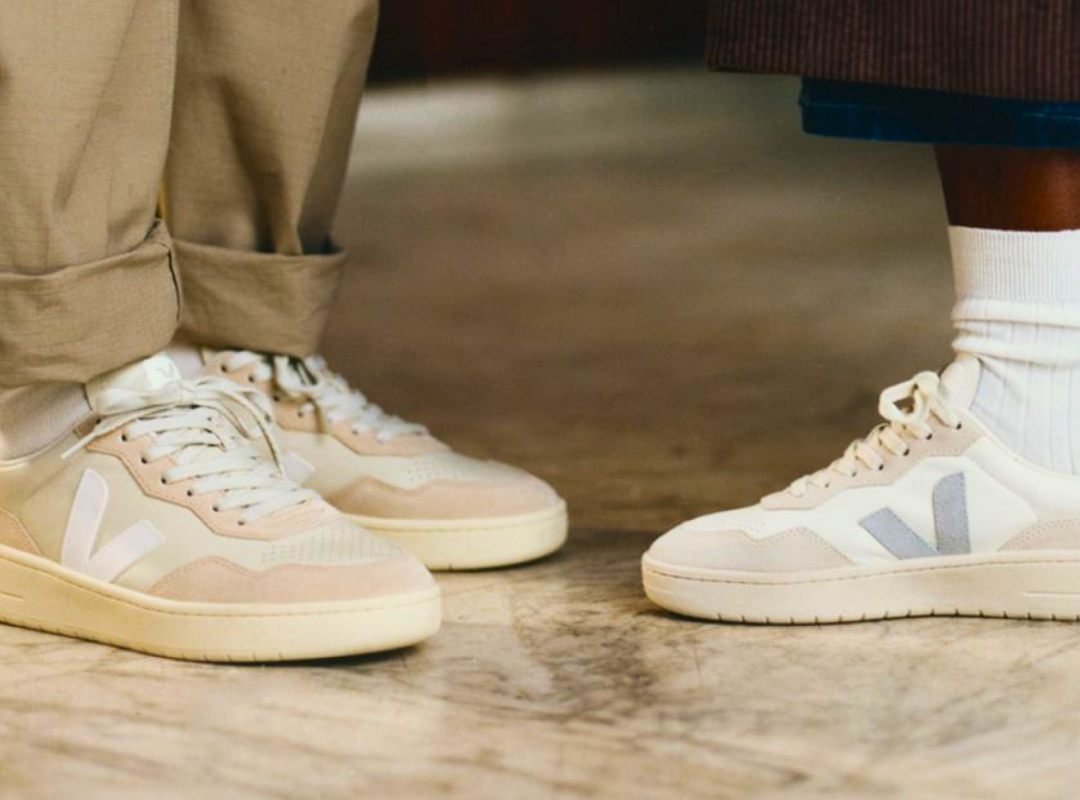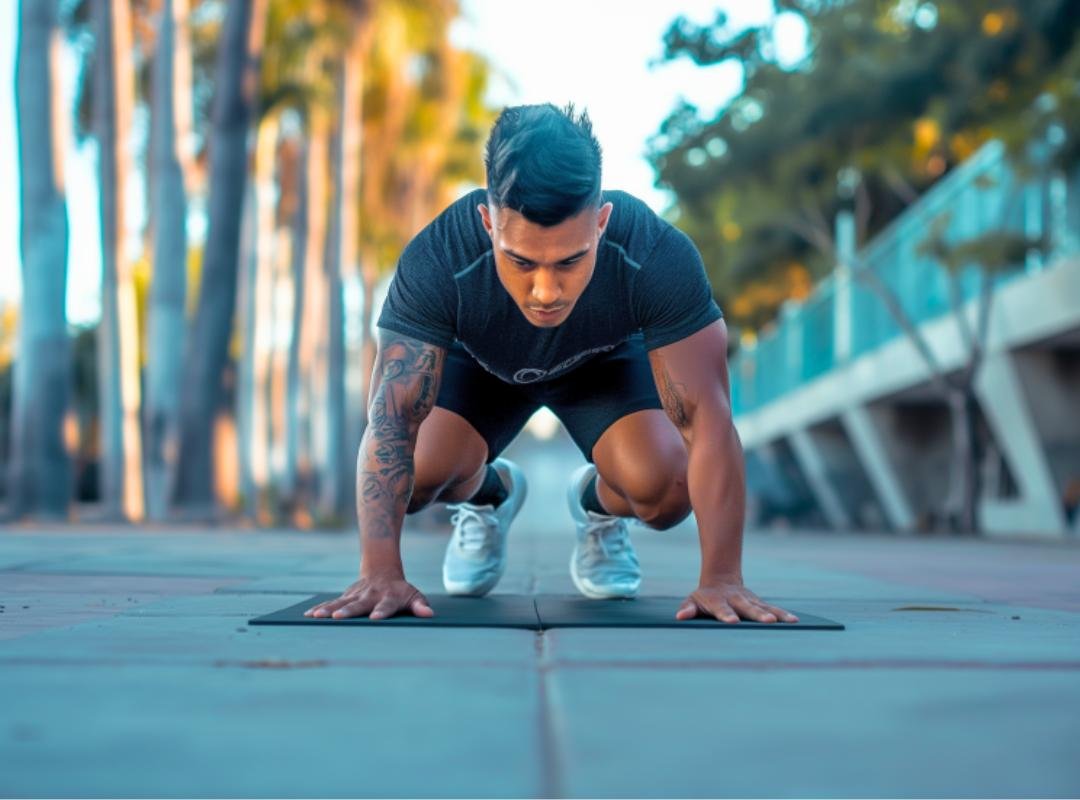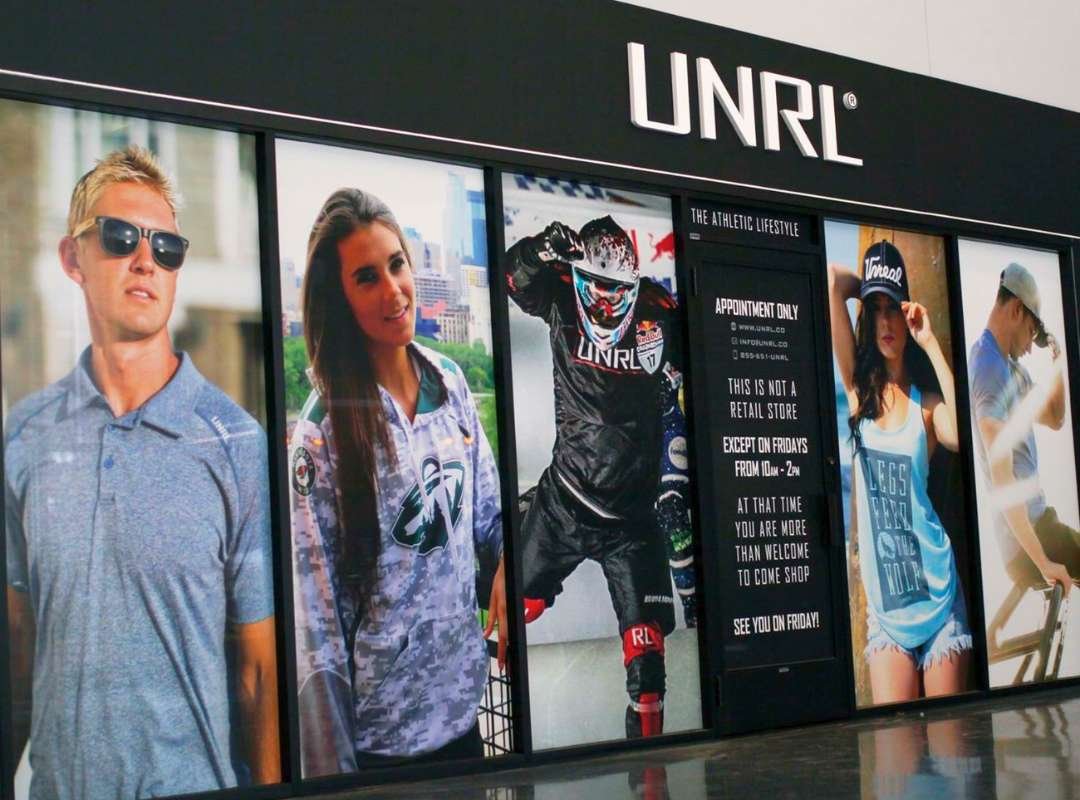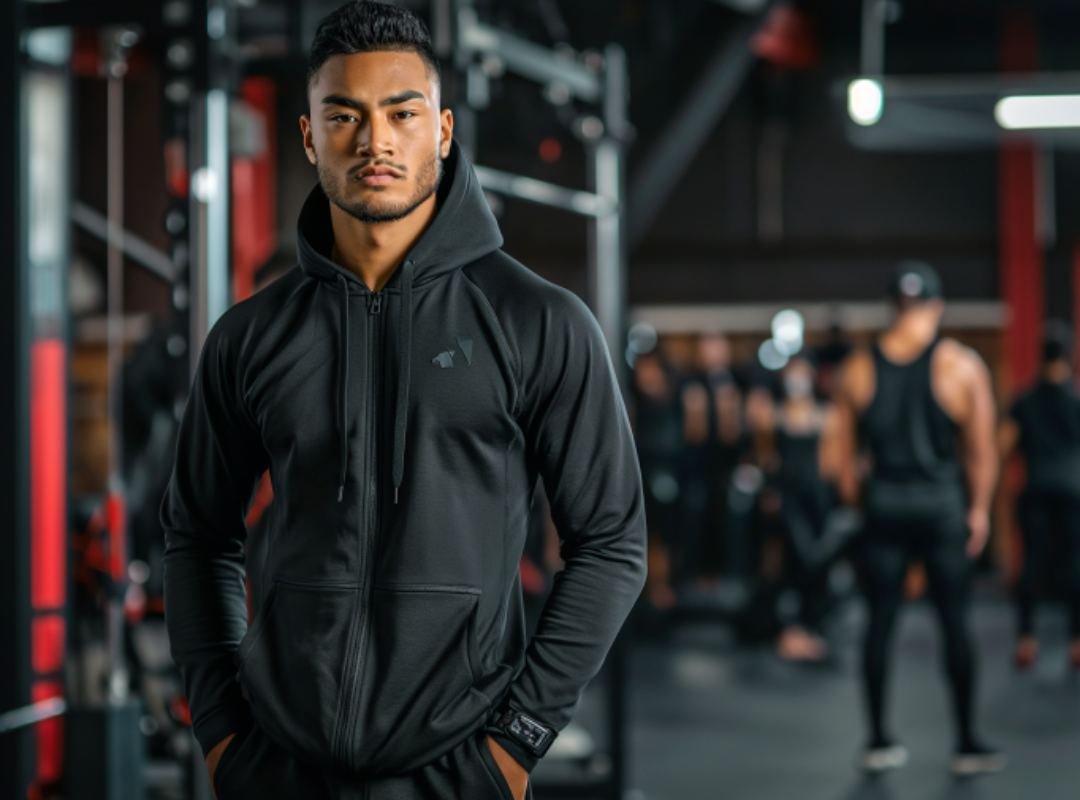Durable Water Repellent (DWR) is a coating added to fabrics to make them water-resistant (hydrophobic). DWR is commonly used in outdoor and performance wear, allowing fabrics to shed water, keeping the material lightweight, and speeding up drying time.
The technology behind DWR involves applying a treatment to the fabric that lowers its surface tension, causing water to bead up and roll off instead of soaking in.
There are various types of DWR treatments. Initially, many DWRs used perfluorocarbon (PFC) compounds, but due to environmental concerns, the industry is shifting towards more eco-friendly alternatives, such as short-chain fluoropolymers and non-fluorinated agents.
Key features of DWR include:
- Water Resistance: This is the primary function of DWR, allowing textiles to resist moisture penetration.
- Breathability: Unlike traditional waterproof coatings, DWR maintains the fabric’s breathability.
- Durability: Over time and with wear, the effectiveness of DWR can diminish, but it can often be restored with washing and reapplication of the treatment.
- Environmental Impact: Growing awareness and concern about certain DWR chemicals’ ecological and health impacts are leading to the development of more sustainable alternatives.
It’s important to note that DWR is not the same as waterproofing. While DWR-coated fabrics resist water penetration, they are not impermeable and may become saturated under prolonged exposure to moisture. DWR is often used with waterproof, breathable membranes (like Gore-Tex) in high-end outdoor apparel for enhanced moisture protection.
Table: Practical Use Cases for Apparel with DWR Technology
| Characteristic | Benefits | Use Cases |
|---|---|---|
| Water Resistance | Protects against rain and spills, ensuring comfort and protection of tech devices in various settings | Outdoor meetings, commuting in rainy weather, protecting gadgets during outdoor activities |
| Breathability | Prevents overheating and maintains comfort during active pursuits or long work hours | Transitioning between outdoor activities and office settings, travel, attending outdoor events |
| Durability | Long-lasting protection offers good value for money as it can be restored with proper care | Daily wear in dynamic work environments, outdoor activities, frequent travel for work and leisure |



